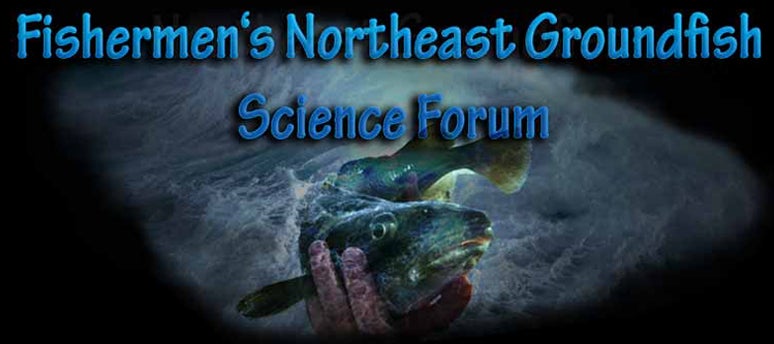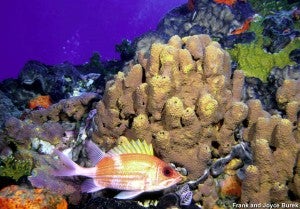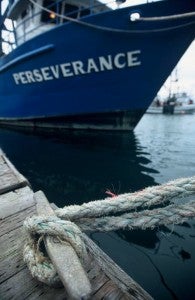On November 9 the New England groundfish industry will have an opportunity to discuss the state of fishery science with scientists from the National Marine Fisheries Service (NMFS). The workshop in Portsmouth, NH responds to criticism generated by abrupt changes in scientific evaluations of the status of fish stocks that support fishing communities from Maine to New Jersey. The goal of the meeting is to improve assessments by sharing knowledge among fishermen and scientists.
Environmental Defense Fund (EDF) supports greater involvement of fishermen in the stock assessment process and encourages fishermen to work with scientists to ensure that their knowledge and experience add to our understanding of these valuable resources. EDF has developed recommendations aimed at producing the most dependable stock assessments possible. The accumulated knowledge of the fishing industry can contribute to improved stock assessments, and greater industry participation can increase confidence in fishery science.
The first priority is to expand the fleet of potential survey vessels by augmenting surveys by government boats with more extensive surveys using commercial fishing vessels. We believe this is the single most important step that can be taken to improve the reliability of stock assessments and confidence in those assessments. Read More












